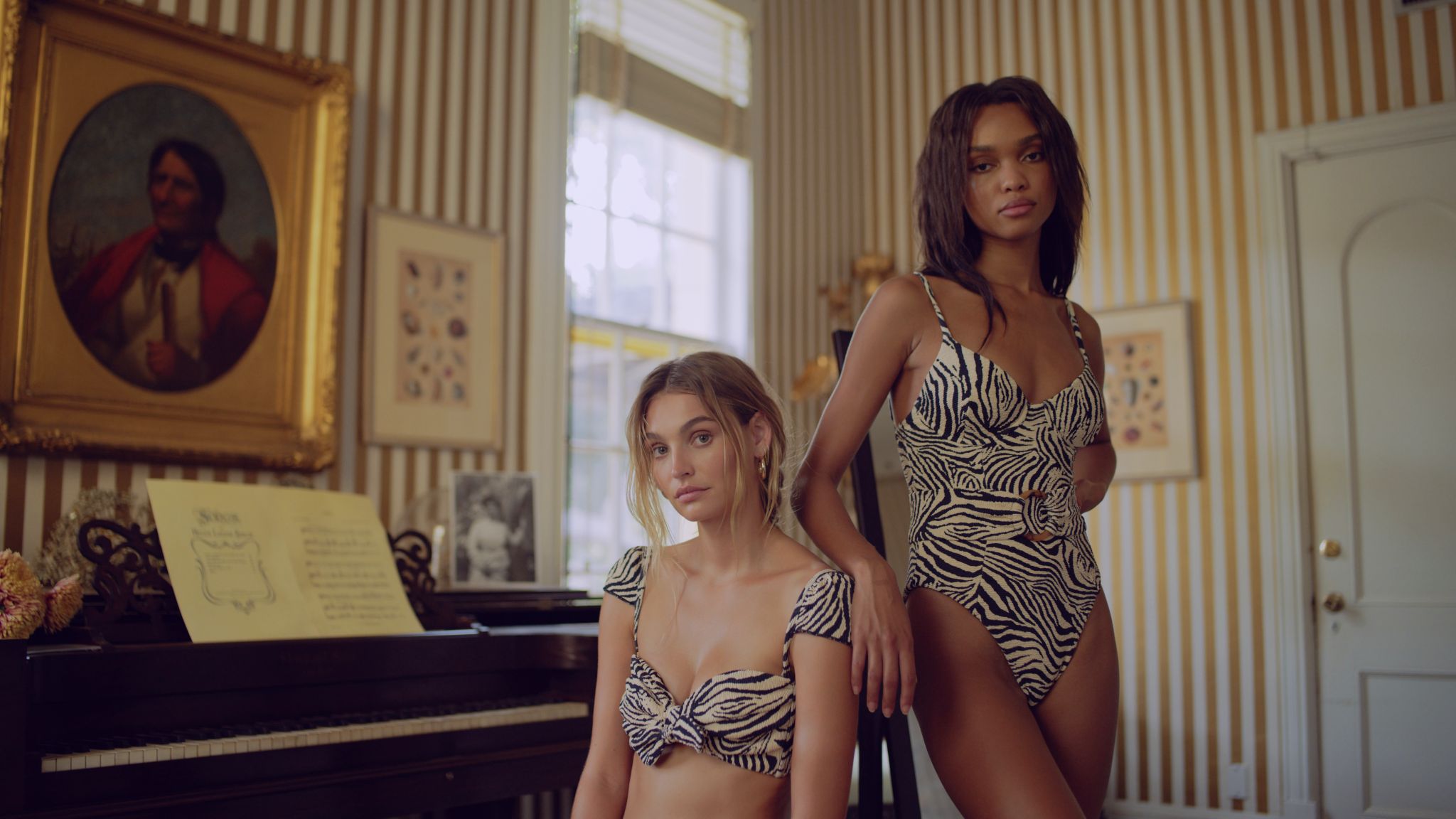It’s not just about being seen.
It’s about being remembered.
Branded Entertainment That Works
One of the largest struggles every brand faces is simply being relatable to its consumers. We now live in a consumer economy where connection and value alignment are key factors that impact consumer spending. Consumers may use or even enjoy the products or services a brand provides, but that doesn’t always mean they relate to or connect with the brand in a meaningful way. For proof, just look at the recent trend of Tesla owners rebadging their EVs with the logos of other automakers. Branded content series help bridge the gap between brands and their consumers by repackaging brand values or products into story-driven narratives that consumers can get behind. Here are a few brands that are already taking advantage of this powerful way of engaging their consumer bases.

Fictional Stories, Real Spaces
This fictional brand tells character-driven stories set in a cozy Brooklyn coffee shop—filmed entirely in the real-life Vietnamese café, LARRY’S CÀ PHÊ. Each episode introduces recurring characters and plotlines, blending slice-of-life drama with subtle product integration. By placing its fictional universe inside a real-world space, Brooklyn Coffee Shop blurs the line between entertainment and brand presence, creating a uniquely immersive experience for its audience, and it works. The fictional @bkcoffeeshop has fewer posts but over 20 times more followers than the real coffee shop, which uses traditional social media marketing techniques.
Fictional Stories, Real Spaces
Luxury jewelry designer Alexis Bittar uses cinematic storytelling to highlight self-expression, transformation, and personal reinvention through what he’s coined the “Bittarverse.” This narrative focus has helped relaunch the brand with a strong emotional connection to its audience, especially in its return under Alexis Bittar’s direct leadership. The series makes good use of a consistent cast of characters sprinkled with cameos by high-profile industry professionals to keep the audience engaged and on edge for what’s next.


Fictional Stories, Real Spaces
YETI, known for its durable coolers and drinkware, invests in documentary-style short films under the YETI Presents banner. These stories follow chefs, climbers, fishermen, and creators living bold, passionate lives outdoors. With no sales pitch in sight, YETI elevates its lifestyle positioning by aligning itself with real people and real grit. The result? Branded content that feels more like a film festival than an ad campaign.
Fictional Stories, Real Spaces
YADUKI is a Japanese izakaya in Nagoya where the staff double as content creators. The team produces playful, often surreal social media videos that follow recurring characters, memes, and inside jokes—all tied to the restaurant’s culture. To help bolster their marketing efforts, they make social media experience and participation a requirement of employment. By embracing storytelling rooted in humor and consistency, YADUKI has built a loyal digital following—over 2.3 million on TikTok alone—and extended the reach of its small business well beyond Japan. This also enables them to collaborate with larger brands like Blue Man Group and ANA, the largest airline in Japan.


The Future of Preppy, Told Through Film
Heritage fashion brand GANT has evolved from classic American sportswear into a storytelling powerhouse. Their film series, such as The 7 Rules, explores modern interpretations of preppy style, individuality, and purpose. Combining strong visual identity with cinematic storytelling, GANT positions its clothing within meaningful narratives that speak to both tradition and change, drawing in a new generation of thoughtful, style-conscious customers. Notably, they made the shift very early, well before the COVID-19 pandemic.
